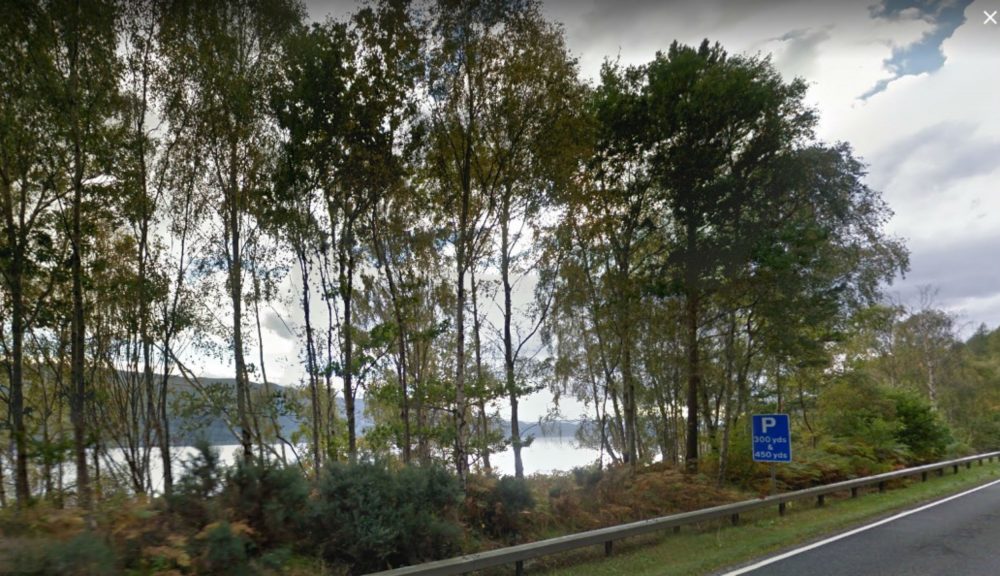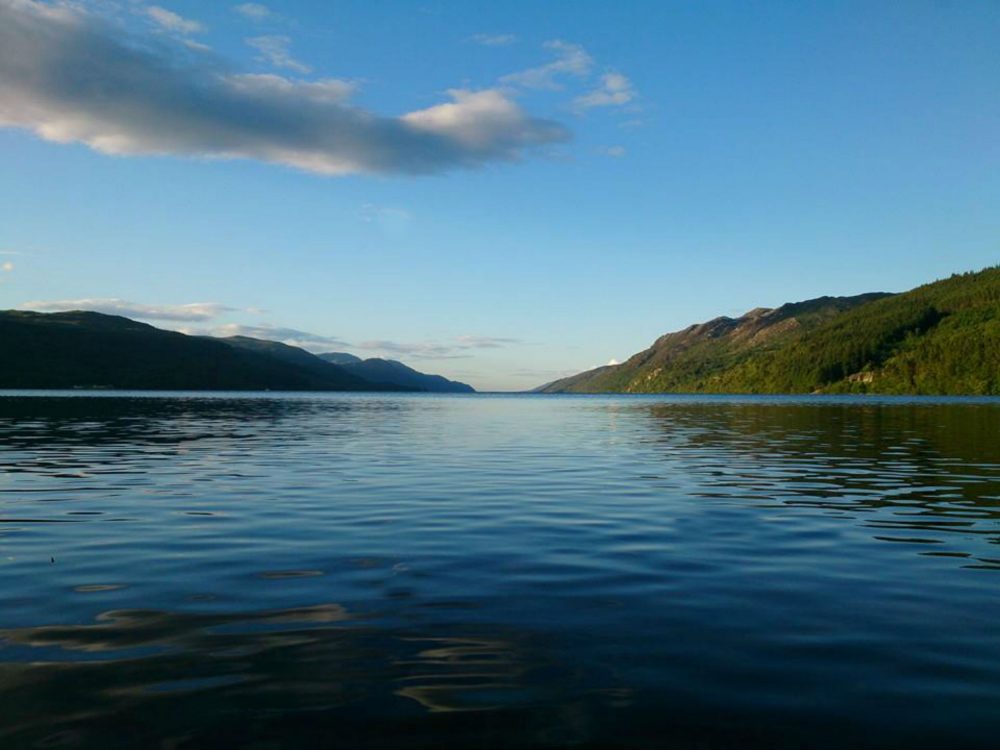NESSIE hunters hoping to catch a glimpse of the mythical monster are having their visits ruined by overgrown trees along Loch Ness.
Every year thousands of visitors flock to the iconic Highland loch in search of the famous water creature but their experience is being hindered due to the vegetation lining the lochside.
Gary Campbell, president of the Official Loch Ness Monster Sightings Register, claims there are too many trees along the roads that follow on either side of the loch.

Currently there have only been three sightings of the monster -affectionately known as Nessie – accepted by the register this year, with the low number blamed on the poor view of the water.
Speaking to local television Mr Campbell said: “Maybe 22 of Loch Ness out of the whole 24 miles is completely grown over.
“Unfortunately folk come from all over the world, desperate to see Nessie, they drive the length of the loch and all they see is trees. It’s a real shame.”
Mr Campbell added that photos from the early 20th century show the roadside as being much clearer, whereas today’s passersby find it much harder to spot the legendary creature.

He continued: “There were more sightings of the Loch Ness monster, or what people took for it, when there were fewer trees many years ago than before or since.
“So it’s perfectly valid and reasonable to say the subsequent growth of trees would have reduced sightings.”
Transport Scotland and BEAR Scotland, who manage the roadsides across the country, have said the trees will be cut back later this year.
A spokeswoman said: “The A82 is one of Scotland’s most iconic routes and we do all we can to make sure it is safe and well maintained to allow people from across the world to visit beautiful sights like Loch Ness and take full advantage of everything on offer there.
“We are responsible for the maintaining the lay-bys along the side of the road and our operating company, BEAR Scotland will be cutting back the vegetation in the late autumn outside of nesting season.
“We would encourage visitors to only stop in designated lay-bys, and with our planned works they will soon get a better view of the loch and hopefully there will be more sightings of Nessie herself.”
In the 1934, the famous “Surgeon’s photograph”, which apparently showed Nessie’s head rearing above the water, sparked a rise of interest in the loch.
Since records began – including those reported since 565AD – there have been 1087 recorded sightings of the elusive monster, according to the official register.
